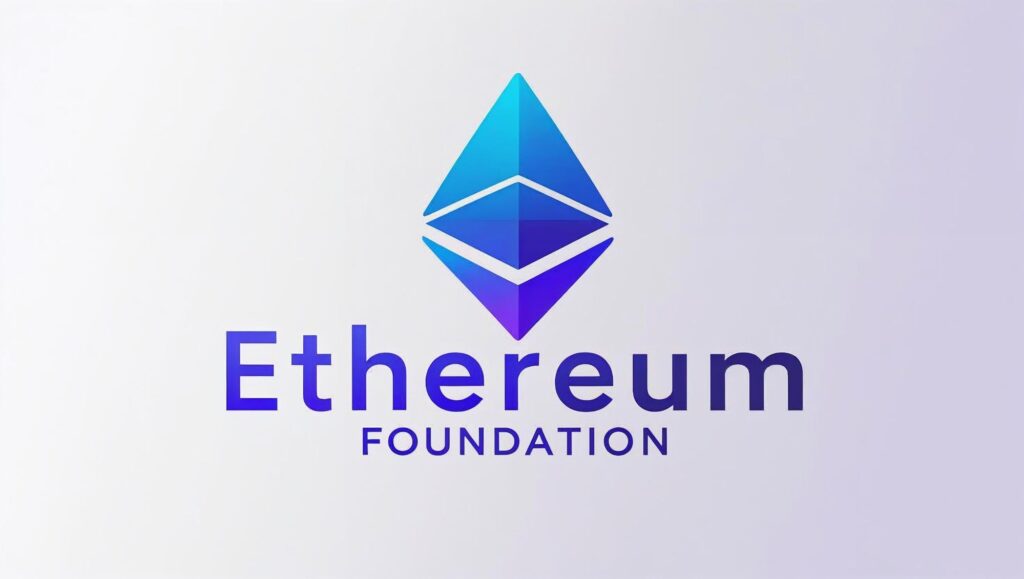
The Ethereum Foundation announced major organizational changes this week, laying off staff and rebranding its core development team as tensions within the cryptocurrency ecosystem intensify.
The foundation’s protocol research and development team will now be called “Protocol,” with a streamlined focus on three key areas: optimizing the blockchain’s base layer performance, expanding capacity for secondary networks and improving user experience.
The restructuring comes with workforce reductions, though the foundation did not specify how many employees were affected. Key figures including Tim Beiko, Alex Stokes and Barnabé Monnot will take on specific roles in the reorganized structure.
“This protocol shipping process is complicated because it requires us to proactively respond to requests that are hard to articulate and even harder to satisfy,” the foundation said in a statement, acknowledging technical challenges ahead.
The changes follow months of internal disputes, including the January departure of lead developer Eric Conner after disagreements with Ethereum co-founder Vitalik Buterin over project governance. In April, the foundation separated its board of directors from executive functions, appointing co-directors Hsiao-Wei Wang and Tomasz Stańczak to handle operations while Buterin focuses on long-term strategy.
Consensys CEO Predicts Ethereum Will Surpass Bitcoin
Meanwhile, Consensys CEO Joe Lubin said Ethereum’s native token could eventually exceed Bitcoin‘s value, citing the platform’s utility in financial infrastructure development.
Speaking on Rug Radio’s FOMO Hour podcast, Lubin revealed that Consensys is negotiating with sovereign wealth funds and major banks in what he described as a “very big” country to build Ethereum-based infrastructure.
“Ethereum is uniquely positioned to anchor the next phase of the global financial system,” Lubin said, pointing to the token’s applications in staking and smart contract execution as competitive advantages.
The comments accompany Consensys’ recent $425 million investment in publicly traded SharpLink Gaming, which plans to establish an Ethereum-denominated treasury. Unlike traditional Bitcoin accumulation strategies, SharpLink will actively deploy its Ethereum holdings through staking and decentralized finance protocols.
SharpLink’s stock price jumped more than 400% following the announcement and has risen over 900% in the past month.
Competitive Pressure Mounts
The developments occur as Ethereum faces increased competition from faster blockchain networks like Solana, which have gained market share with superior transaction speeds and lower costs.
Ethereum has struggled with scalability issues, processing roughly 15 transactions per second compared to traditional payment networks that handle thousands. The foundation’s restructuring aims to address these limitations through improved scaling solutions and rollup technologies.
Despite recent underperformance compared to Bitcoin, Ethereum has begun outpacing the flagship cryptocurrency in recent weeks, according to market data.
Industry analysts say the combination of institutional interest and technical improvements could position Ethereum for broader adoption, though significant technical hurdles remain.
The Ethereum Foundation’s restructuring represents what officials call a “pivotal moment” to deploy the platform’s technology globally, as competition intensifies among blockchain networks seeking mainstream acceptance.
















 Join our Telegram Channel
Join our Telegram Channel